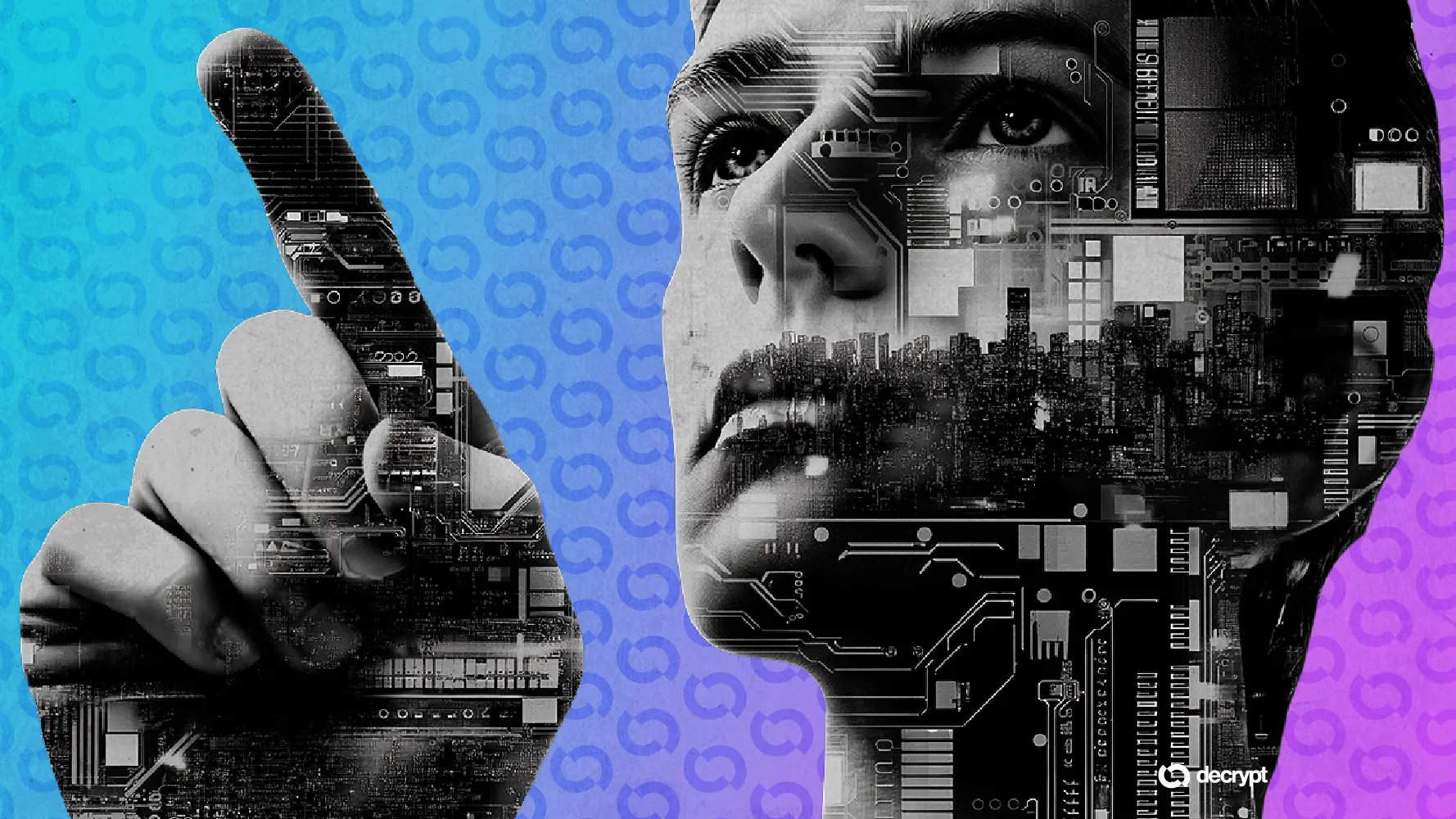Aiming to be the next big name in artificial intelligence-powered productivity, Austin-based startup Humata AI said on Monday that it had raised $3.5 million in funding led by Google’s Gradient Ventures, ARK Invest, and M13.
Humata's core product is a PDF tool that lets users upload formatted files that users can then ask questions about, helping them find relevant and important information in the document without having to read the whole thing.
“The long-term vision for Humata is to develop tools that make people wiser and more productive,” Humata AI CEO Cyrus Khajvandi told Decrypt. “The future of work will rapidly change this decade as AI automates mundane processes and frees people to be more creative.”
Humata, Khajvandi said, is like ChatGPT for all your files, and it operates based only on the data and instructions that users provide, learning from its experiences to improve its performance over time.
Khajvandi said the $3.5 million investment will be used to expand the Humata AI team, including developers, product designers, and business development.
“We want to rapidly iterate to a lot of enterprise demand we’ve been receiving,” he said.
The Best AI Platforms for Navigating PDFs—That Are Not ChatGPT
Decrypt previously looked at productivity plugins for OpenAI’s ChatGPT, but users need a ChatGPT subscription to use plugins. This article will discuss productivity platforms in the form of AI PDF readers that do not require a paid subscription to ChatGPT. The Portable Document Format, or PDF, is a file type used to consistently display and print documents across different devices and software. The once proprietary file format—and its most common interpreter, Adobe Reader—launched over thirty ye...
Founded in 2022 by Cyrus Khajvandi and Dan Rasmuson, Humata AI offers different price tiers, including a free tier and one for students and teams.
The free tier lets users upload up to 60 pages. The student tier at $1.99 bumps up to 200 pages; the expert tier at $9.99 allows up to three users, can be used to upload up to 500 pages, and includes chat and GPT-4 support. The team tier allows up to 10 users, uploads up to 1000 pages, and has advanced permissions and enterprise support.
As Khajvandi explained, Humata AI features side-by-side highlights and references the original PDFs for instant fact-checking.
Humata AI enters a rapidly crowded field of productivity chatbots that can read documents users upload. Already, ChatGPT includes several plugins for OpenAI's subscription-based ChatGPT Plus service that allow users to "chat" with a PDF. Other AI platforms that read PDF documents include Anthropic's Claude AI, Perplexity AI, and ChatPDF.
Khajvandi said Humata AI is nearing completion of its industry-standard SOC2 security audit, which will allow Humata AI to become what Khajvandi called “a robot colleague that can make decisions and take actions to complete multi-step work tasks on its own.”
“This funding will enable us to reach a wider audience and explore new markets,” Khajvandi said. “Additionally, it will allow us to develop our technology further, potentially leading to new applications and services.”
Corporations have dumped billions of dollars into AI development startups. Anthropic, the creators of ChatGPT rival Claude, received investments of $4 billion from Amazon and $300 million from Google, respectively.
Generative AI tools have revolutionized productivity and the way we interact with content. But even though Khajvandi emphasized Humata’s accuracy, AI developers have warned about generative AI chatbots' habit of hallucinating or making things up. These hallucinations are in addition to claims of bias, sexism, and racism in AI models.





